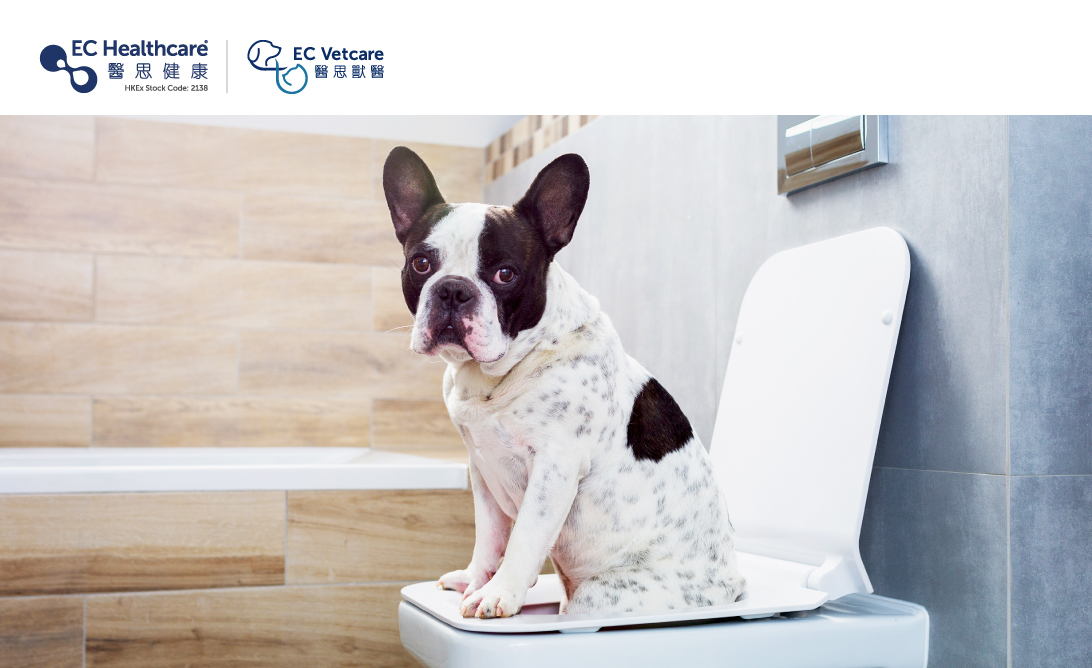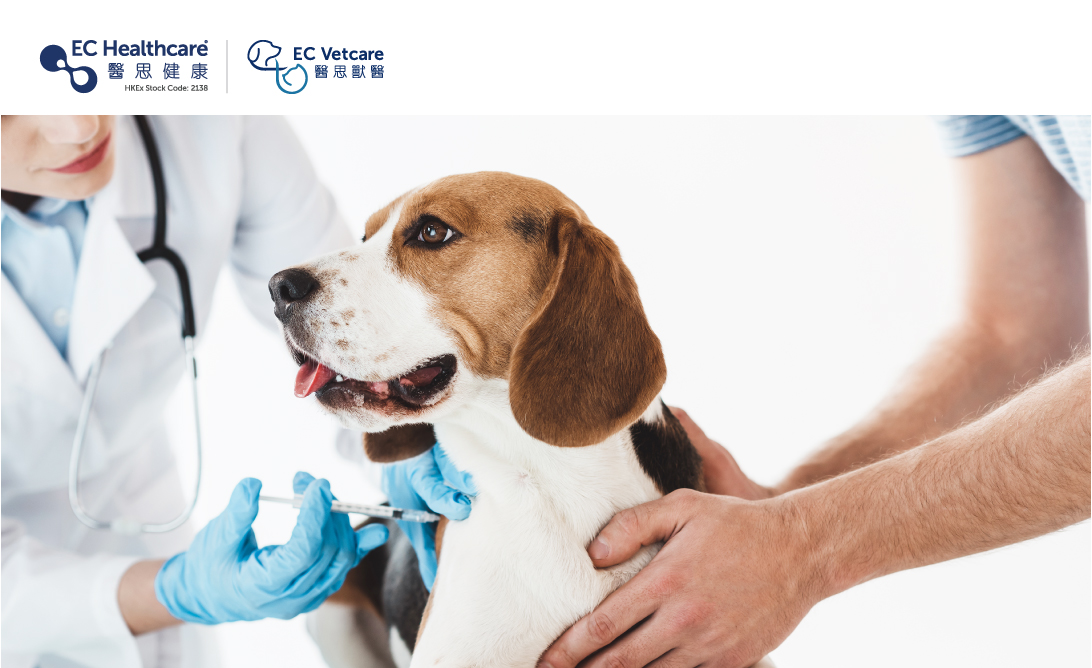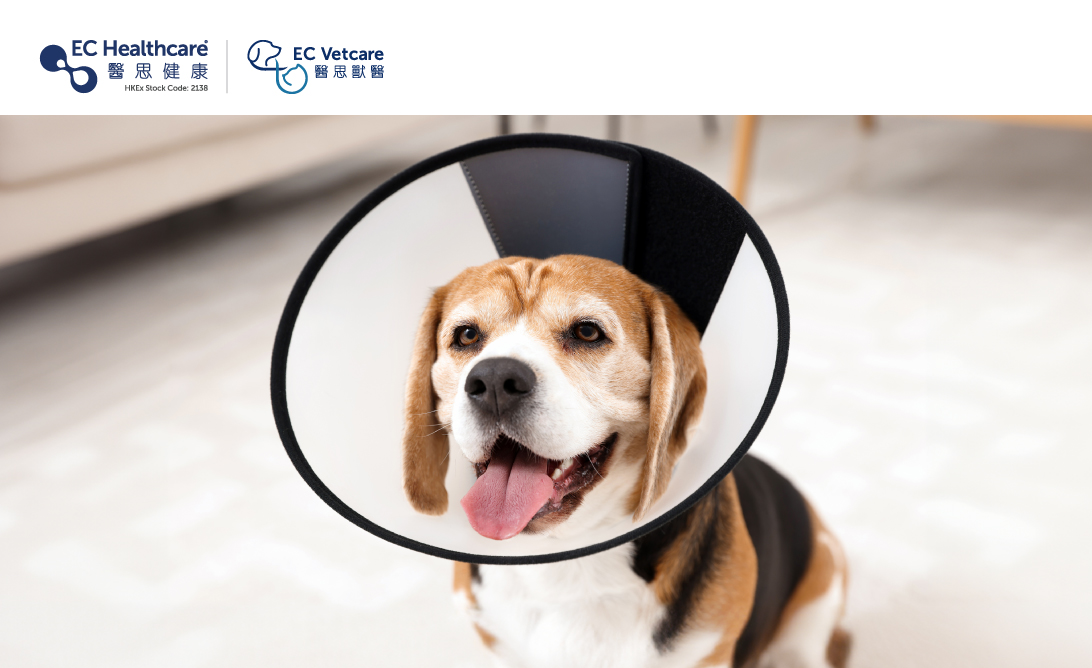Can cats and dogs also suffer from gastroenteritis?


Cats and dogs have many dietary taboos. If they are not careful, they may vomit and vomit at any time. In severe cases, they may even cause gastroenteritis. But it turns out that besides eating the wrong things, there are other factors that can cause gastroenteritis in them! The most urgent thing is, as the owner, do you know what to do?

6 major causes of gastroenteritis in cats and dogs!
Eating by mistake: Eating stale or spoiled food, mistakenly taking chocolate, garlic, tomatoes, dairy products, caffeine and other foods that may cause allergies or poisoning are the most common causes of gastroenteritis in cats and dogs.
Food changes: Cats and dogs may suffer from abdominal pain and diarrhea if their gastrointestinal tract cannot adapt if they eat difficult-to-digest or oily foods, or rapidly change foods, such as switching from dry food to wet food, or from cooked food to raw food.
Infection: Some viruses, bacteria, or parasite infections such as coronavirus, salmonella, and roundworms can affect the intestinal environment and cause gastroenteritis in cats and dogs.
Unbalanced diet: Cats and dogs do not receive enough nutrients, and the number of good and bad bacteria in their intestines is imbalanced, causing their gastrointestinal tract to become sensitive.
Diseases: Inflammatory bowel disease, hepatitis, pancreatitis and other diseases can cause gastrointestinal inflammation.
Stress: Some cats and dogs are prone to stress due to changes in environment and people, causing psychological stress. The body may be in a state of tension for a long time, and the gastrointestinal tract may be easily irritated.
What are the symptoms of gastroenteritis in cats and dogs?
Vomiting: Repeated vomiting or retching, which may have white or yellow foam
Diarrhea: persistent fishy-smelling diarrhea, which may be watery, mucusy or bloody
Dehydration: Thirst, dry oral mucosa, sunken eyes
Decreased appetite: The frequency or portion size of meals is significantly reduced, or even refusal to eat
Decreased activity: the frequency of running and playing is reduced, and the back posture is often arched and the belly is pressed to the ground, showing laziness and fatigue
Severe gastrointestinal motility and "gurgling" sounds
Abdominal distension and pain when touched
High body temperature (if it is viral gastroenteritis, there will be signs of fever)
What should you do if you suspect gastroenteritis in cats or dogs?
When cats and dogs have the above symptoms, cat and dog owners should not give their cats or dogs gastrointestinal medicines randomly or on their own. If the medicine is used improperly or the wrong dose is taken, the condition may be aggravated or the lives of the cats and dogs may be endangered at any time.
Disclaimer: This article is prepared by an independent third party and is not sponsored. The content provided is solely for informational purposes and should not be considered a substitute for professional medical advice, diagnosis, or treatment. It does not represent any specific viewpoint. In the event of any discomfort or health issues, it is advised to seek medical attention promptly.









